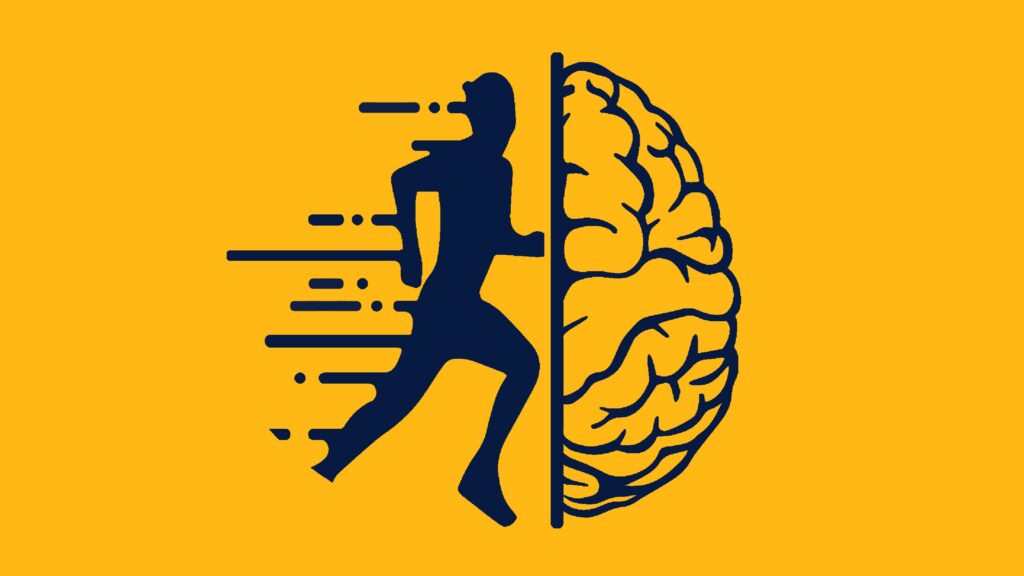Exercise and Neurocognitive Health Laboratory (ENH)
Our research employs neuroimaging (EEG/ERP) and behavioral measures to investigate the relationship between acute and chronic physical activity and higher-order cognitive processing, academic achievement, and memory in children and young adults. Recently, we have begun to investigate the moderating interaction of individual differences with an emphasis on determining unique characteristics that facilitate positive gains in cognitive and brain function outcomes following physical activity. Directly evaluating such interactions has implications for tailoring school exercise interventions to optimize cognitive performance for all youth. The goal is to develop a greater understanding of how active behaviors influence better health and functioning for the mind and body of younger generations, with further implications for increasing public concern regarding brain health consequences of physical inactivity.
LINES OF RESEARCH
- Effects of physical activity on cognition and brain function in children
There are multiple research studies ongoing in the lab evaluating acute exercise effects on cognitive behavior and brain function associated with working memory and inhibitory control, with additional lines evaluating brain function (EEG/ERP) during exercise in children with and without ADHD. Additionally, we are working in collaboration GOFAR, a community based after-school exercise program for children, to expand our future research endeavors to evaluate the effects of exercise interventions on cognition and brain function in children. - Relations of physical activity to mental health in college-age students
This line of research aims to evaluate and explore multiple psychological and cognitive factors with intentions of evaluating mediating variables encompassing exercise. The goal is to determine the efficacy from behavior data that will be advantageous to further address from a neuroscience perspective (e.g., anxiety, exercise, and neurocognitive brain function associated with error-related negativity). In collaboration with other faculty at UNCG, we have developed a model to collect large sample data each semester from students that will allow us to further explore mediators and moderators encompassing exercise effects on cognition and mental health that will inform future large scale intervention studies. - Cognitive and mental health outcomes encompassing physical activity in natural environments
The third line of research is a translational approach that compliments data collected in the laboratory setting. This research seeks to assess exercise behavior and mental health in natural environments by utilizing smartphone technology to measure cognition, affect, and exercise behavior. This is a novel approach with future plans to assess the efficacy of mental health benefits from exercise in natural environments versus laboratory-based settings. Once this model has been explored across multiple research studies, we aim to extend this line of research into younger populations and incorporate neuroimaging methods as baseline measures.
